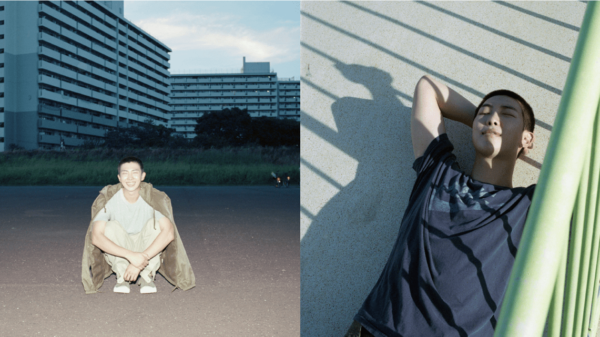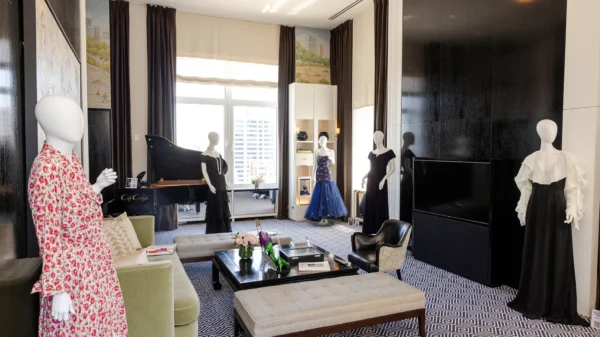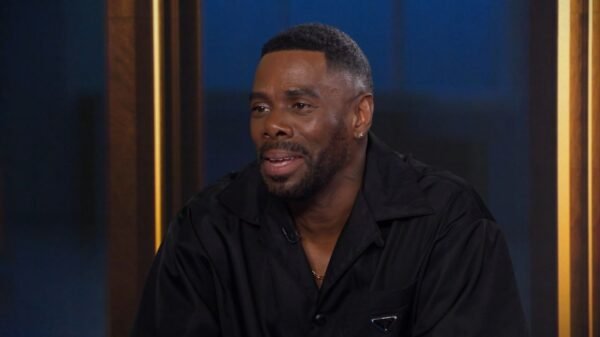Introduction
Have you ever wondered why some performers have an undeniable stage presence that captivates their audience? Whether it’s a musician, actor, or public speaker, stage presence is a crucial aspect of any performance. In this blog post, we will delve into the psychology behind stage presence and explore how understanding it can enhance your own performance skills.
What is Stage Presence?
Stage presence can be defined as the ability to command attention and engage with an audience while performing. It goes beyond technical proficiency and encompasses the performer’s charisma, confidence, and ability to connect with the audience on an emotional level.
The Role of Confidence
Confidence plays a significant role in stage presence. When a performer is confident, it radiates through their body language, facial expressions, and voice. Confidence allows performers to take risks, be vulnerable, and fully express themselves, which in turn captivates the audience.
Building confidence takes time and practice. It involves developing a strong belief in your abilities, embracing your unique qualities, and learning to manage stage fright. Techniques such as visualization, positive self-talk, and deep breathing can help calm nerves and boost confidence before stepping onto the stage.
Connecting with the Audience
One of the key elements of stage presence is the ability to connect with the audience. This connection is built through nonverbal communication, such as eye contact, body language, and facial expressions. By making eye contact with individuals in the audience, performers can create a sense of intimacy and make their audience feel seen and valued.
Another way to connect with the audience is through storytelling. Sharing personal anecdotes or experiences that resonate with the audience’s emotions can create a powerful connection. By tapping into universal human experiences, performers can evoke empathy and forge a bond with their audience.
Authenticity and Vulnerability
Audiences are drawn to performers who are authentic and vulnerable. Authenticity allows performers to showcase their true selves, rather than putting on a façade. It creates a sense of trust and relatability, as audiences appreciate performers who are genuine and transparent.
Vulnerability, on the other hand, involves being open and emotionally exposed on stage. It requires performers to embrace their emotions and allow themselves to be vulnerable in front of an audience. When performers show vulnerability, it creates an emotional connection with the audience, as they can relate to the rawness and authenticity of the performance.
Emotional Intelligence
Emotional intelligence is crucial for performers to understand and connect with their audience’s emotions. By being aware of their own emotions and the emotions of others, performers can tailor their performance to elicit specific emotional responses from the audience.
Emotional intelligence also helps performers adapt to unexpected situations on stage. It allows them to respond authentically and empathetically, even in challenging circumstances. By understanding the emotional impact of their performance, performers can create a memorable and impactful experience for their audience.
Conclusion
Stage presence is a combination of confidence, connection, authenticity, vulnerability, and emotional intelligence. By understanding the psychology behind stage presence, performers can enhance their skills and create performances that leave a lasting impression on their audience.
Remember, stage presence is not something that can be developed overnight. It takes time, practice, and self-reflection. So, embrace your unique qualities, connect with your audience, and let your true self shine on stage!




































